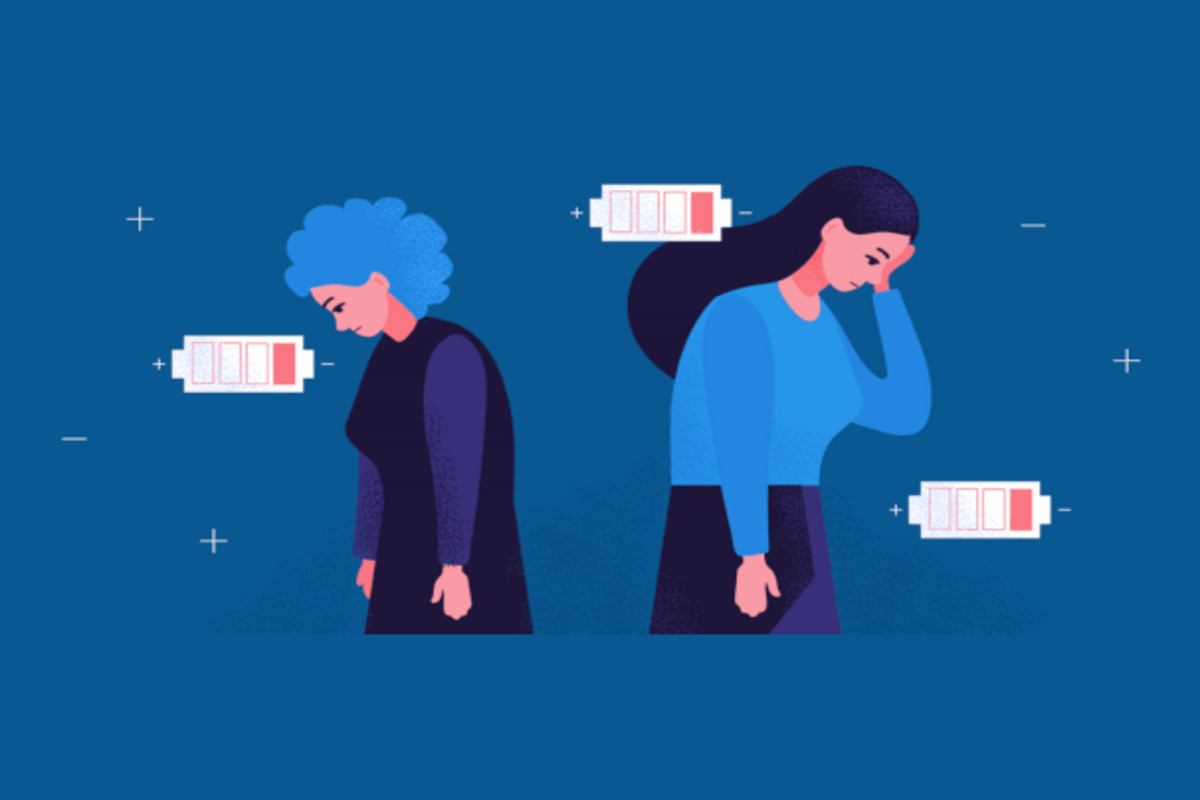Anxiety and Breathlessness: It’s unsettling when people can’t breathe. No of the causea wind knockout or an asthma attackit’s a feeling few of us want to feel often.
It’s also distressing that it’s hard to determine why a person’s breath has left them. Anxiety starts unexpectedly. Anxiety affects
people differently. It’s multifaceted. Some people feel their stomach moving, while others feel their heart racing or can’t breathe.
Why concern creates shortness of breath is crucial. What makes this friendship work?
Anxiety might make you feel like you can’t breathe.
Anxiety-related shortness of breath has multiple causes. After a terrifying incident, the body normally starts the “fight-or-flight” response, which stands for “fight or flight.” The brain prepares the body to fight or flee during this peak of stress. This series of signals tightens all body muscles, especially the chest and abdomen. Breathing is harder.
This accelerates heart rate and breathing. This creates a constant tug-of-war between heart rate and breathing rate. Jimmy Noorlander, a clinical social worker at Deseret Counseling in Utah, thinks they’re trying to outrun each other. Noorlander stated the issue.
Shortness of breath may be due to worry or something else. Heart illness, blood clots, lung blockages, and others can leave you gasping for air. You must be aware of historical triggers to identify the issue.


READ MORE: Detroit Lions Season: Unprecedented Sold-Out Ford Field Signals Historic NFL Journey
Anxiety may cause rapid shortness of breath after a very exhausting incident. Compared to other breathing disorders that require immediate medical attention, being able to return to normal in 1020 minutes is good. As worry subsides, shortness of breath usually improves. If you still have problems breathing after worrying, it may be an indication of a medical issue that needs to be looked out.
Dr. Amanda Darnley, a Philadelphia clinical psychologist, advises being extra cautious and erring on the side of caution when you can’t figure out why you’re short of breath. See a doctor immediately if you’re unsure. There are techniques to soothe the body if worry is the main reason.
Realize that the situation doesn’t require immediate attention. Taking focused, deep breaths, feeling the chest rise and fall, or breathing into a paper bag to recirculate carbon dioxide and maintain oxygen levels can help you control your breath. Nasal breathing, mantras, and counting breaths can restore normal breathing.
Light stretching, warm water, and a little exercise can assist normalize breathing. Stopping similar events requires understanding people’s fears. In this scenario, professionals can provide specific advice to speed up healing. Dr. Darnley believes psychologists and other professionals offer several strategies to relax and manage stress, giving patients the tools they need to overcome triggers.
Our Reader’s Queries
How do you treat shortness of breath from anxiety?
Therapies. Different types of talk therapy can help alleviate anxiety and lessen symptoms like feeling out of breath, such as cognitive behavioral therapy (CBT) and acceptance and commitment therapy (ACT). Some medications, like antidepressants, may also be helpful.
Can thinking about breathing make it hard to breathe?
Simply being aware of your breathing can actually lead to hyperventilation. Attempting to regulate your breath can result in overcompensation and excessive air intake.
How to tell if shortness of breath is from anxiety or heart?
Experiencing sudden shortness of breath right after a stressful situation usually indicates it’s related to anxiety. If you can recover from the breathing difficulty within 10-20 minutes, that’s a positive sign. Unlike other medical conditions affecting breathing, anxiety-related shortness of breath doesn’t typically require medical intervention.
Why do I feel like I can’t get a full breath?
Breathlessness is a common indicator of heart and lung issues, as well as conditions such as asthma, allergies, or anxiety. Engaging in vigorous physical activity or battling a cold can also prompt feelings of being out of breath.

